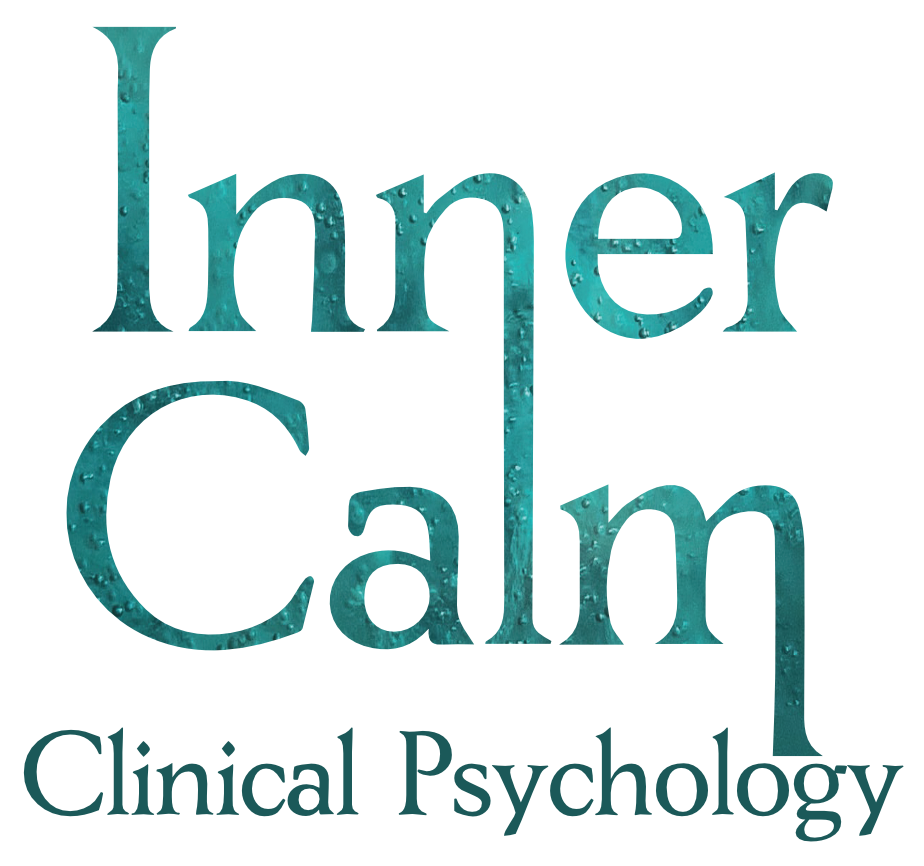By Sam Hillview-Close*
You know the feeling - that foggy, flattened, frazzled state where even simple tasks feel monumental. You're staring at a screen, reading the same sentence ten times, and your brain just… refuses. It’s not boredom. It’s not laziness. It’s mental exhaustion.
And according to new research, that feeling might be more than just frustrating - it’s your brain trying to make a calculated decision.
What Mental Fatigue Is Really Doing in Your Brain
A study out of Johns Hopkins Medicine recently used functional MRI to peek under the hood of cognitive fatigue. What they found was fascinating - two key brain regions light up when we’re mentally exhausted. These regions, associated with evaluating effort and reward, appear to play tug-of-war between pushing through and throwing in the towel.
It’s not that we physically can’t continue. It’s that our brain starts weighing the cost of more effort against the value of continuing. In other words, when you feel like giving up, your brain may simply have decided it's not worth it, unless there’s a compelling reason to keep going.
Which might explain why, in the study, participants only pushed through tough memory tasks when they were offered financial incentives. Turns out, motivation can temporarily override fatigue. But what happens when there's no reward in sight?
That’s where things get tricky, especially for people struggling with depression, PTSD, or chronic stress. Because when motivation is low and the effort feels immense, even small tasks can feel impossible.
When Brain Fog Becomes a Daily Struggle
We often think of burnout as something that hits after too many long hours or late nights. But for many people, especially those living with mental health conditions, brain fog and mental fatigue are daily visitors. It’s not just about being tired, it’s about feeling depleted, unable to focus, and emotionally drained before the day has even begun.
This is where professional support can make a genuine difference. Working with a mental health professional can help identify whether cognitive fatigue is linked to a mood disorder, unresolved trauma, or even lifestyle factors that are draining your mental bandwidth.
You don’t need to wait until you’re completely burnt out. There are ways to get ahead of the fog.
So, What Helps?
Here are some practical, research-informed strategies for managing mental exhaustion:
Breaks aren’t optional. Your brain needs time to reset. Short, intentional breaks (especially screen-free ones) can improve focus and reduce the cognitive load.
External rewards can help - but internal ones matter more. Motivation isn’t just about money or recognition. Feeling competent, connected, or aligned with your values can boost your mental stamina in meaningful ways.
Mental fatigue isn’t always about doing too much. Sometimes, it's about doing too much of the wrong thing. If your days are filled with stress, people-pleasing, or tasks that don't align with your strengths, exhaustion is inevitable.
Therapy can strengthen your mental resilience. Just like physical fitness, mental stamina can be trained. Therapy provides the space to learn coping strategies, increase self-awareness, and reset the patterns that keep your brain in “drained” mode.
If you’re regularly hitting a wall, you don’t have to muscle through it alone. Therapeutic support can help you understand what’s driving your mental fatigue, and give you tools to reclaim clarity, motivation, and energy.
A Note of Hope
Mental exhaustion can feel like failure. Like you’re weak for needing a break, or broken for not being able to push through. But what if it’s just your brain doing its best to protect you?
You’re not lazy. You’re not incapable. You’re human. And if your brain is calling for rest, compassion, or a new way forward, maybe it’s time to listen.
* Sam Hillview-Close is a former business executive, public health administrator, Board member, writer and blogger. Sam is also a proud neurodivergent individual.
| If this blog resonates with you and you want to talk to someone, feel welcome to contact us at Inner Calm Clinical Psychology. Remember you don't have to face it alone. When you're ready, we're here to help. |

